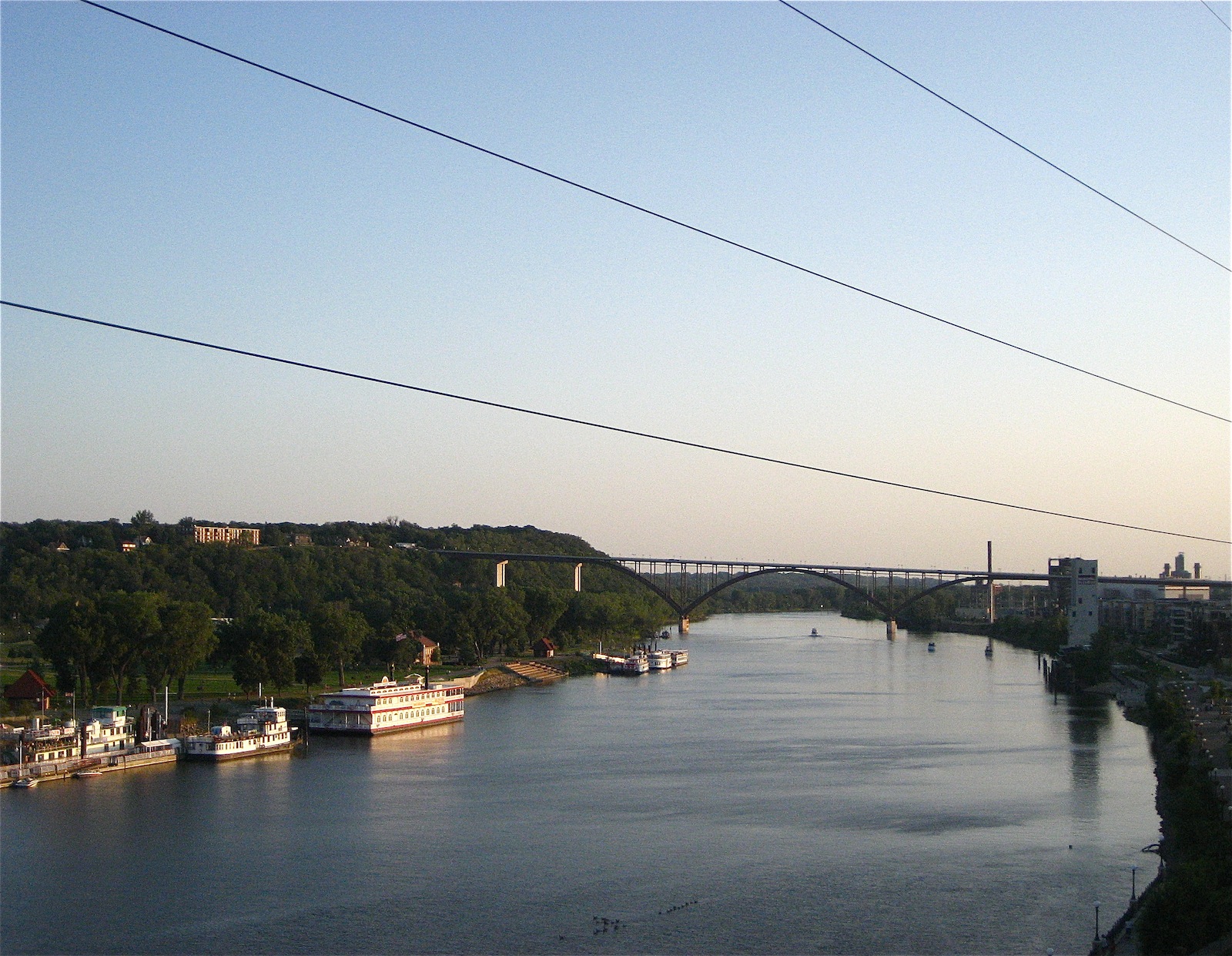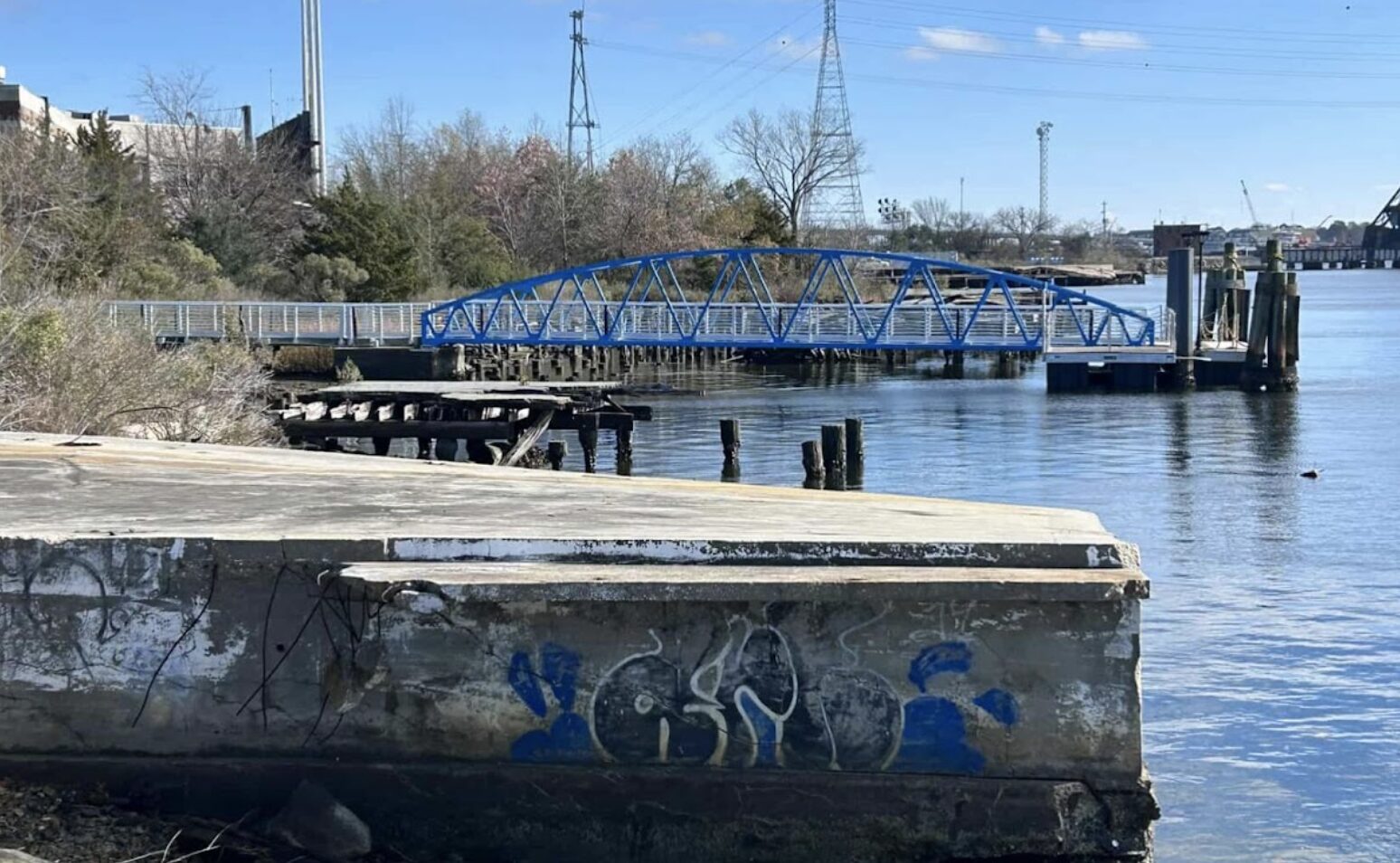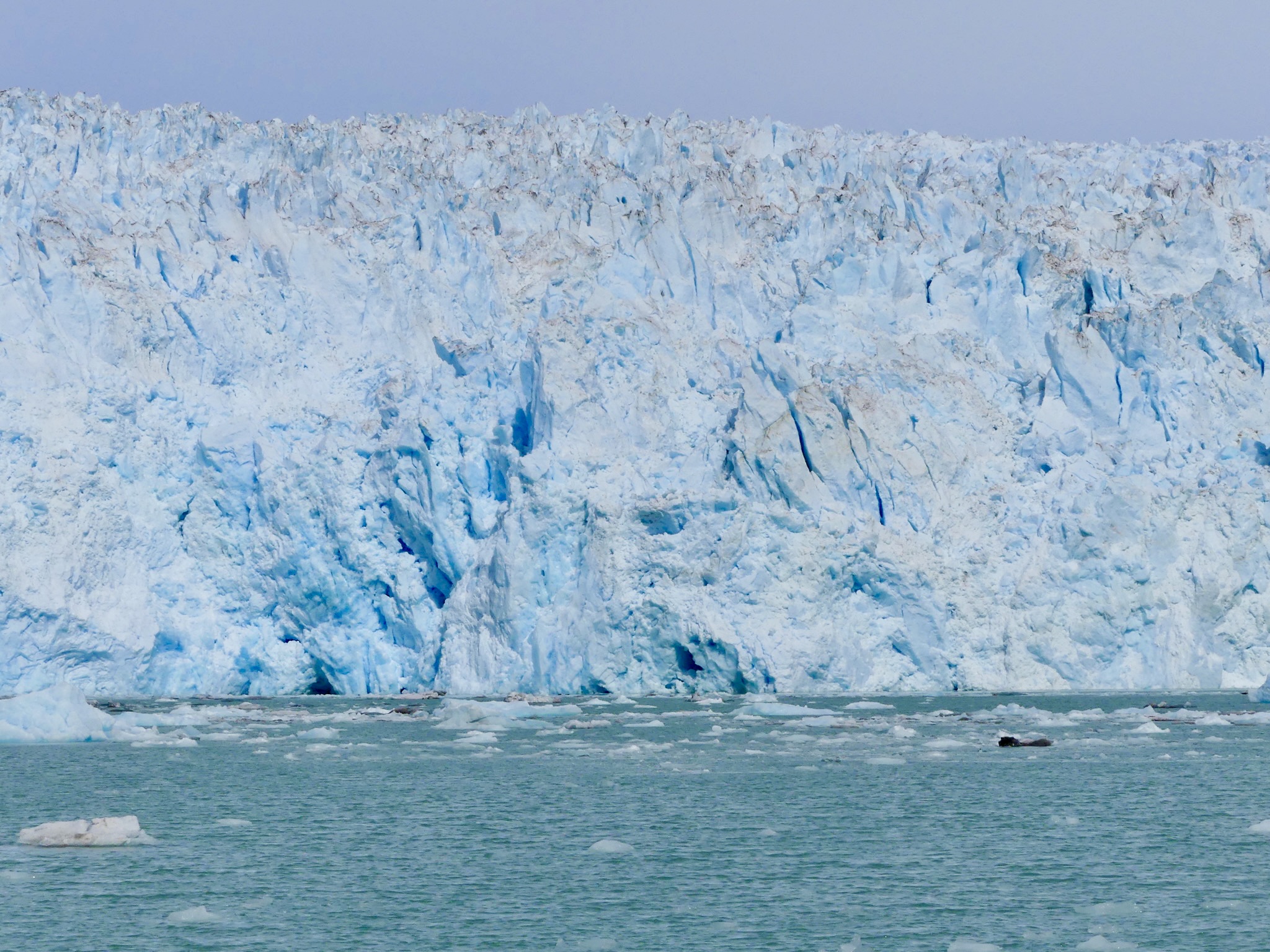
Thousand River Environmental Energy’s “Million-Dollar” Proposal

Display the Compressed Air Recovery Energy (CARE) system seven different ways, showing how this system will heat or air condition homes and businesses at a much lower cost. All cars, trucks, buses and light and heavy rail will run with far less pollution, and in most cases no pollution, global warming or health concerns.
We will offer events that are open to the public for each display, showing how many ways to return spent fluid to the pressurized system (returning energy after use). At times, multiple displays and instructional seminars will be used to spread out the crowds, with food, music and art part of the event as well. Some of these displays will become permanent, showing first prototypes, changes in design, and videos of the development. This project will be a long-term tourism attraction for St. Paul and its surrounding communities. When thousands of businesses and individuals benefit from the CARE system, it would be part of this project to contribute to the next million dollar idea.
1. In one display where electricity was used to return spent fluid, electric motors spinning hydraulic oil pumps would be powered by 110 volt, 220 volt and 3 phase, each one showing the cost on separate electric meters, or how much money could be saved using off-peak usage rates.
2. Another way would be to use combustion engines that spin hydraulic oil pumps to return spent fluid. These engines would consume a wide variety of fuels, such as natural gas, propane, hydrogen, gasoline, diesel, vegetable oil, coal gasification, methane and other solid, liquid or gas fuels.
3. Different battery technologies charged by hydro, solar, wind and the kinetic energy of vehicles going in or out of parking lots and ramps. Using battery operated electric motors attached to hydraulic oil pumps to return spent energy to the pressurized system, or to use these devices to directly force spent fluid into the pressurized system.
4. Some events may become a favorite, such as a fun display with people interacting with horses, dogs and other animals connected to an energy pole, walking in circles, or people working out on specially designed exercise equipment. All devices would directly force spent fluid into the pressurized system. Turn this into a friendly competition, offering cash, trophies and prizes, and watch competitors enjoy performing in front of the crowds.
5. For people who like big machines, modified steam engines, cars, trucks, tractors and equipment, the CARE system’s engine and energy efficient driveline is what they will want to see. This display will show how to add this system to existing systems, as an auxiliary driveline, or to force spent fluid into the CARE system’s pressurized system.
6. Others want to know what kind of vehicles will be used for every day commuting or recreational use. Modern cars, trucks, tractors, motorcycles, ATVs, boats, high tech robotics and equipment — all using the CARE system’s engine and driveline. All of these devices will be capable of unloading their energy into the heating and air conditioning systems of homes and businesses, or can be powered up again by any of these methods discussed in this proposal.
7. Some of the other ways of forcing the fluid into the pressurized system have been slow and without a massive system supplying the energy needed for thousands of homes and businesses. If plans included one of the permanent displays being inside the Science Museum of Minnesota or other nearby buildings, the CARE system would use the surface water currents from the Mississippi River, which has a strong current near the Science Museum. Because the fast-moving water does not freeze solid in the winter, a strong source of energy could be accessed 24 hours a day, seven days a week. Those energy gathering devices would be used to spin multiple air compressors, providing a continuous supply of compressed air energy to any home or business connected to this new pipeline system. This energy would then be used to force spent fluid back into the pressurized system, just like all other systems previously discussed.
Some power plants sell excess steam pressure to heat nearby homes and businesses. The CARE system would use some of the steam pressure to spin multiple air compressors, adding to the Compressed Air Recovery Energy System. The CARE system is compatible with any energy system currently in use. Work continues on a book, newsletter, film, music and art that will be produced depicting these projects. All of these devices are being tested at the University of St. Thomas in St. Paul by the Dean of Engineering, Don Weinkauf, the President of Aggressive Hydraulics, Paul Johnson, and Inventor Randall C. Mann, President of Thousand River Environmental Energy. For more information, visit thousandriver.com, or to discuss ways for individuals or the business sector to help develop these systems, call Inventor Randall C. Mann at 612-327-6452.
After all phases of these systems are studied and go into production worldwide, thousands of jobs will be created in sales, manufacturing, installation and maintaining these systems. Then we will see the costs reduced for every product and service. Watch for improvements in our health, wealth and environment.
























